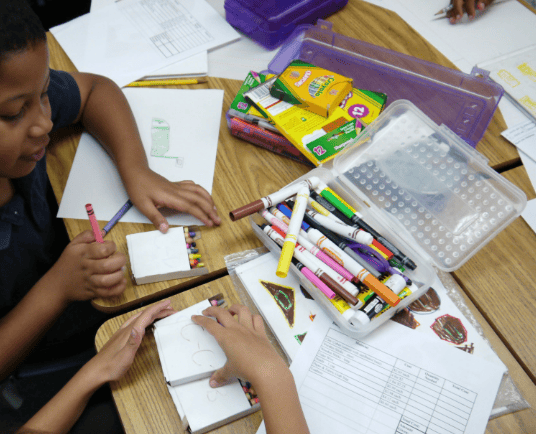"Empowering Education: The Crucial Role of Parents in Indian Learning"
This topic unravels the pivotal role parents play in shaping a child's education in the Indian context. It delves into the profound influence parents have on their children's academic journey and explores effective strategies to foster and encourage meaningful parental involvement in education. Discover how a collaborative approach between parents and educational institutions can lead to holistic student development and academic success.
Team Karmanya Gurutvam
9/18/20232 min read


In the vast tapestry of a child's education, parents are often the unsung heroes weaving the threads of support, guidance, and encouragement. In the Indian context, where education carries immense significance, the role of parents is even more pronounced. This article delves into the profound influence parents exert on their children's academic journey and explores effective strategies to foster meaningful parental involvement in education.
The Parental Impact on Education:
Parents serve as the first and most enduring teachers in a child's life. From the moment a child utters their first words to the day they graduate, parents are their constant companions in the pursuit of knowledge. Here's how parents influence their child's education:
Foundation of Values: Parents instill the core values of discipline, dedication, and respect for knowledge. These values form the bedrock of a child's academic journey.
Motivation and Aspiration: Parental encouragement and belief in a child's potential can ignite the spark of curiosity and ambition. Children often work harder when they know their parents believe in them.
Homework and Study Habits: Parents play an active role in setting up a conducive study environment, ensuring homework completion, and nurturing effective study habits.
Choice of Extracurricular Activities: Parents help children explore their interests and talents, whether in sports, arts, or other pursuits, enriching their overall educational experience.
Fostering Parental Involvement:
To harness this parental influence effectively, it's crucial to encourage and facilitate active involvement. Here are some strategies:
Open Communication: Establishing clear lines of communication between parents and teachers is vital. Regular parent-teacher meetings can facilitate a deeper understanding of a child's strengths and weaknesses.
Parent Workshops: Conduct workshops or sessions on various aspects of parenting and education. These can include understanding the curriculum, career counseling, or managing stress during exams.
Encourage Participation: Schools can host events that involve parents, such as science fairs, art exhibitions, or cultural programs. These provide opportunities for parents to actively engage in their child's school life.
Digital Tools: Utilize technology to keep parents informed about their child's progress, assignments, and school events. Apps and online platforms can bridge the gap between home and school.
Parent Support Groups: Establish forums where parents can connect, share experiences, and seek guidance. These groups can become a valuable source of information and emotional support.
The Impact of Parental Involvement:
Research consistently highlights the positive outcomes of parental involvement in education. Students with actively engaged parents tend to:
Achieve higher grades and test scores.
Develop better social skills and behavior.
Exhibit greater motivation and confidence.
Have a more positive attitude toward school.
Parents are not just stakeholders in a child's education; they are the guiding stars illuminating the path to knowledge. In the context of Indian education, where academic success is celebrated and revered, parental involvement is the cornerstone of a child's journey. By fostering a collaborative relationship between parents, teachers, and educational institutions, we can ensure that every child's potential is nurtured, and their educational voyage is truly empowering.
Empowering Education, Transforming Lives
info@karmanyagurutvam.com